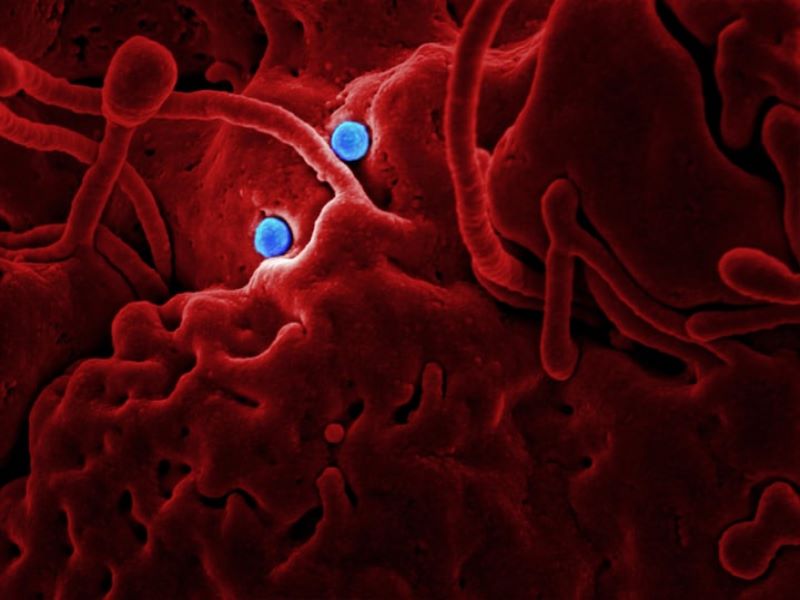
Enzychem Lifesciences is set to advance a domestic clinical trial of potential coronavirus (Covid-19) treatment candidate EC-18 in South Korea.
EC-18 has a mechanism to remove pathogens or viruses by enabling immune cells to engulf the virus or bacteria and remove them in a short period of time. It eliminates pathogens by capturing the virus or bacteria and binding it to the receptor.

Discover B2B Marketing That Performs
Combine business intelligence and editorial excellence to reach engaged professionals across 36 leading media platforms.
Furthermore, EC-18 is capable of reducing the gathering of inflammatory cells due to rapid removal of damage associated molecular pattern (DAMPs) that accumulate when cells are damaged by radiation.
It also prevents tissue damage produced by the sudden activity inflammatory cells.
The compound is derived from Sika deer antler and contributes to the swift removal of PAMPs/DAMPs.
Enzychem is in talks with the relevant US Government authorities for development collaboration.

US Tariffs are shifting - will you react or anticipate?
Don’t let policy changes catch you off guard. Stay proactive with real-time data and expert analysis.
By GlobalDataEnzychem Lifesciences chairman and CEO Ki Young Sohn said: “EC-18 has a mechanism of action with a unique anti-Covid-19 that can swiftly remove it from cells, and we expect that EC-18 may become a strong countermeasure for Covid-19, which is currently evolving as global pandemic.”
Earlier this month, Enzychem applied to the Biomedical Advanced Research and Development Authority (BARDA) Medical Counter Measure (MCM) Covid-19 programme.
It is also advancing research collaboration with various government authorities and research institutes of China and Korea for the development of EC-18 as a potential therapy for the virus.
Coronavirus, which originated in China, has become a global pandemic, affecting more than half of countries worldwide.





